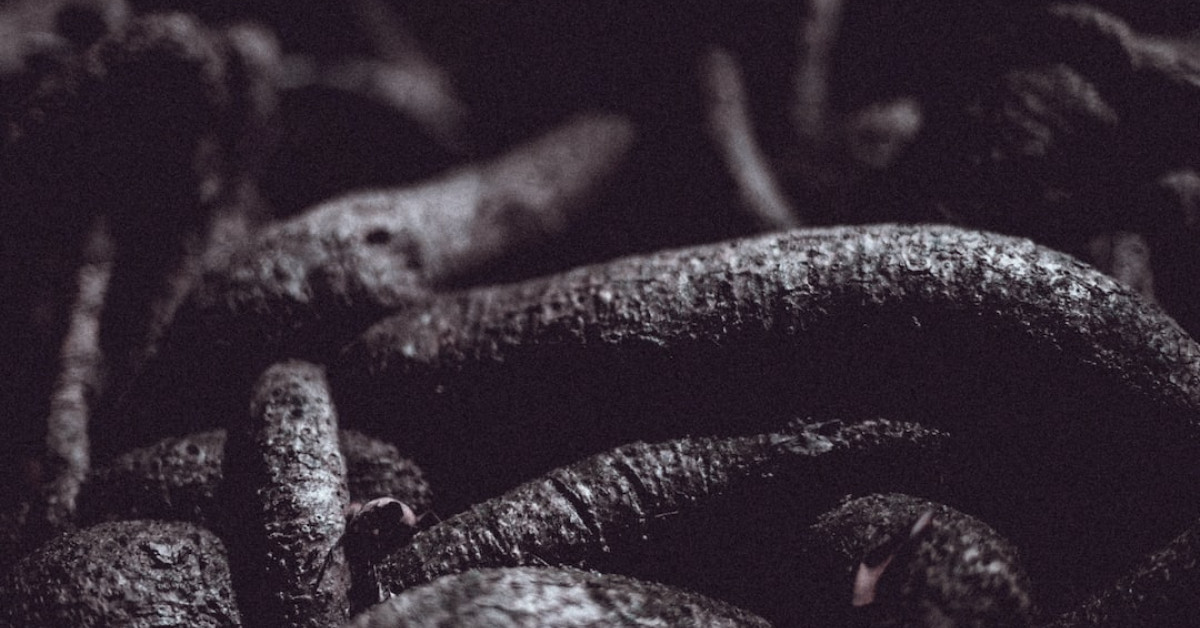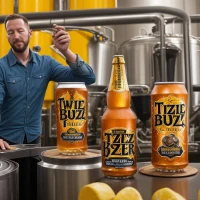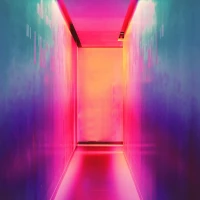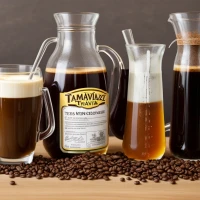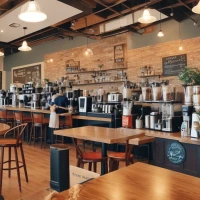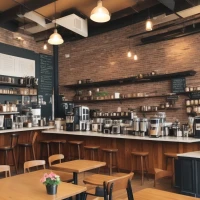When it comes to selecting your drink of choice to unwind after a long day or to kick start your morning, the decision often boils down to flavor preference and the desired buzz. In the battlefield of beverages, two contenders emerge: the classic, robust coffee and the trendy, alcoholic Twisted Tea. But which packs more punch? Is it the caffeine-laden coffee that gets your heart racing and your brain churning or the subtle buzz from the alcohol in Twisted Tea that relaxes your senses? This comprehensive dive into the world of caffeinated brews and alcoholic teas will unravel the facts, helping you decide which beverage buzz suits your palate and state of mind.
Understanding the stimulant in coffee that keeps you on your toes and the alcohol content in Twisted Tea that might just tip you over is essential. Let’s explore the intricate dance of two popular drinks—coffee and Twisted Tea—and discover which one gives you the buzz you’re chasing.
Coffee: Your Daily Dose of Vigor
Coffee, the elixir of productivity and the fragrant allure of caffeine, is not just a beverage but a cultural phenomenon. Its widespread admiration stems from its robust flavor and its ability to sharpen your focus, thanks to caffeine—the world’s most widely consumed psychoactive substance. But what exactly lies within a cup of coffee that makes it such a powerhouse?
The Science of Caffeine
Caffeine, the heart of coffee’s invigorating properties, is a natural stimulant. It works by blocking adenosine, a neurotransmitter responsible for relaxing the brain and making you feel tired. The result? A reduction in fatigue and a significant boost in alertness and energy.
- Number of cups for effect: Generally, it takes one to two cups of coffee to feel the stimulating effects, although this varies depending on individual tolerance and the strength of the brew.
- Coffee types and caffeine content: The caffeine content can range anywhere from 95 mg in a standard 8-ounce cup of drip coffee to as little as 15 mg in the same serving of decaffeinated coffee.
Coffee’s Impact on Health
Beyond the kick, coffee is known to have numerous health benefits when consumed in moderation:
- Antioxidants: It’s packed with powerful antioxidants.
- Mental acuity: Can enhance memory, mood, and cognitive functions.
- Physical performance: Caffeine can improve physical performance by mobilizing fatty acids from fat tissues.
The Downside of Too Much Coffee
As with all good things, too much coffee can lead to a host of issues, such as anxiety, insomnia, and increased heart rate. It’s crucial to find the right balance to enjoy the perks without the setbacks.
Twisted Tea: The Casual Craze
Enter Twisted Tea—the refreshing, alcoholic iced tea that has been growing in popularity among those seeking a lighter, more casual drink. It poses the perfect contrast to coffee, offering a mild alcoholic buzz instead of a surge of energy.
Understanding Twisted Tea Alcohol Content
Twisted Tea usually contains about 5% alcohol by volume (ABV). The alcohol content is akin to many beers, which can give you a laid-back euphoria, especially when consumed in higher quantities.
- Units to get tipsy: The average person might start to feel the effects after two to three bottles, but remember, everyone’s tolerance levels vary.
Health Considerations with Twisted Tea
While Twisted Tea can be a delightful way to wind down, it’s not without its health implications:
- Caloric intake: Alcoholic beverages like Twisted Tea tend to be high in calories.
- Dehydration: Alcohol is a diuretic, which can lead to dehydration.
- Long-term effects: Moderation is key as excessive consumption over time can have serious health consequences.
The Buzz Face-off: Caffeine vs. Alcohol
When comparing coffee and Twisted Tea, it’s like comparing apples to oranges due to the differing active substances—caffeine and alcohol. Each has a unique set of effects on the body:
Tweaking with Caffeine: Pros and Cons
- Pro: Mental sharpness
- Pro: Increased metabolism
- Con: Can lead to caffeine dependency
- Con: Possible sleep disturbances
Chilled Out with a Twist: Pros and Cons
- Pro: Can reduce inhibitions
- Pro: Feeling of relaxation
- Con: Impaired coordination
- Con: Potential for alcohol abuse
So, Which Packs More Punch?
Determining which beverage “packs more punch” is subjective and depends on what you’re after—stimulation or relaxation. Coffee, with its caffeine content, might edge out Twisted Tea if you’re looking for an immediate pick-me-up. Conversely, if you’re looking to chill out, Twisted Tea could be your go-to.
Drinking Responsibly: Coffee and Twisted Tea Etiquette
Whether you prefer a steaming cup of joe or a cold Twisted Tea, drinking responsibly is paramount. Here’s a breakdown of best practices for enjoying each beverage:
For the Coffee Connoisseur
- Know your limits: Too much coffee can cause jitters and anxiety.
- Consider the clock: Avoid coffee close to bedtime to ensure quality sleep.
- Seek quality: Opt for high-quality, sustainably sourced coffee.
For the Twisted Tea Aficionado
- Pace yourself: Keep track of how many you’re drinking and how fast.
- Hydrate: Drink water between Twisted Teas to avoid dehydration.
- Don’t mix: Avoid combining Twisted Tea with other alcoholic beverages.
Final Takeaway: Making the Right Choice
What then should guide your decision in choosing between coffee and Twisted Tea? Consider the situation, your body’s reaction, and what you hope to achieve. Coffee is best for when you need to be alert and productive, whereas Twished Tea suits a relaxed social setting where unwinding is the goal.
At the end of the day, both coffee and Twisted Tea hold their unique allure. Whether it’s the robust punch of a dark roast or the smooth buzz of a cold Twisted Tea, enjoy the journey of exploring the nuanced flavors and experiences these beverages offer. Drink mindfully, savor each sip, and most importantly, know your tolerance levels to harness the best each drink has to offer.

